Dhaka, Feb 20 (V7N) – The National Independent Investigation Commission has identified former Prime Minister Sheikh Hasina and former Army Chief General Moin U Ahmed as key figures whose testimonies are crucial in unraveling the details behind the Peelkhana massacre. The commission sees this as one of its biggest challenges in investigating the 2009 BDR mutiny, which resulted in the brutal killing of 74 people, including 57 army officers.
At a press conference on Thursday, the commission's chief, Retired Major General ALM Fazlur Rahman, said they are actively investigating both domestic and foreign conspiracies linked to the incident.
The government formed the seven-member commission on December 24, 2024, with a 90-day deadline to submit its findings. However, more than 60 days have passed, and the commission has yet to share any major breakthroughs.
Key Developments in the Investigation
- Testimonies Collected: The commission has recorded statements from 37 individuals, including three lieutenant generals, two major generals, five brigadier generals, and five colonels—many of whom are now retired. On Wednesday, the son of the then BDR Director General, Major General Shakil Ahmed, also provided testimony.
- International Coordination: The commission has sent letters to several foreign embassies to track individuals who may have been involved in the massacre but have since fled the country. Efforts are underway to bring them back for questioning.
- Travel Restrictions: The commission has recommended travel bans on certain individuals to prevent them from leaving the country. However, Fazlur Rahman declined to disclose specific names.
Seeking Testimony from Sheikh Hasina and General Moin U Ahmed
According to the commission, former Army Chief General Moin U Ahmed holds crucial information regarding the massacre. Additionally, the role of then-Prime Minister Sheikh Hasina has been deemed significant in understanding the events surrounding the mutiny.
"For the sake of the investigation, we need to speak with many more people. Authorities have already been informed to impose travel restrictions on some individuals, and the Foreign Ministry has been approached for assistance in contacting key figures abroad," said Fazlur Rahman.
When asked whether General Moin and Sheikh Hasina are among those being contacted, Fazlur Rahman did not provide a clear response, but he emphasized that their input would be vital.
Challenges and Time Extension
The commission chief admitted that solving a 16-year-old case is complex, and additional time may be required beyond the 90-day deadline.
"We are committed to uncovering the truth, but given the scope of the investigation and the number of key figures involved, we may need more time," he said.
Background of the Peelkhana Massacre
The Peelkhana massacre, which occurred on February 25–26, 2009, remains one of the most tragic events in Bangladesh's history. It involved a violent mutiny by members of the Bangladesh Rifles (BDR), leading to the brutal killing of 74 people, including 57 army officers. Over the years, calls for a re-investigation have grown, with concerns over possible political and foreign involvement.
As the National Independent Investigation Commission moves forward, the focus remains on unraveling hidden truths and ensuring justice for the victims of the massacre.
END/MSS/AJ



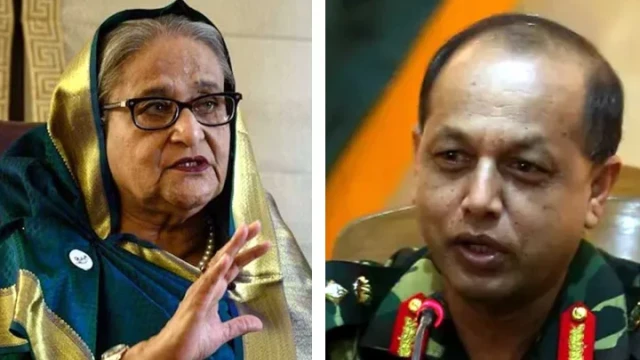
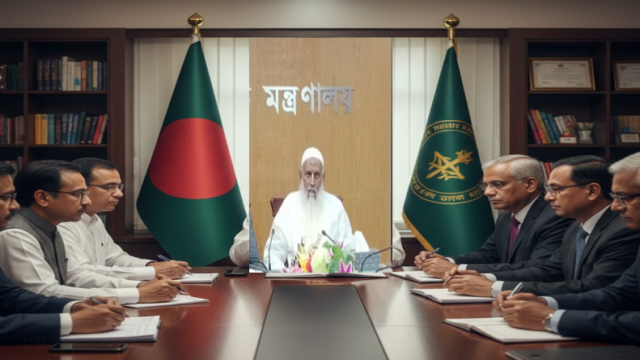
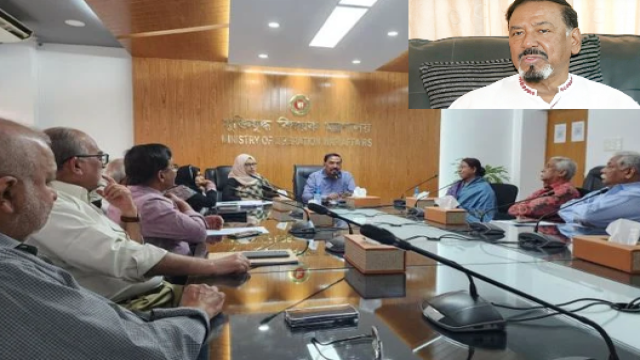
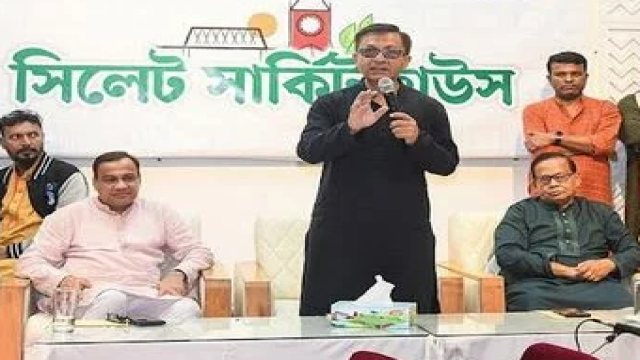
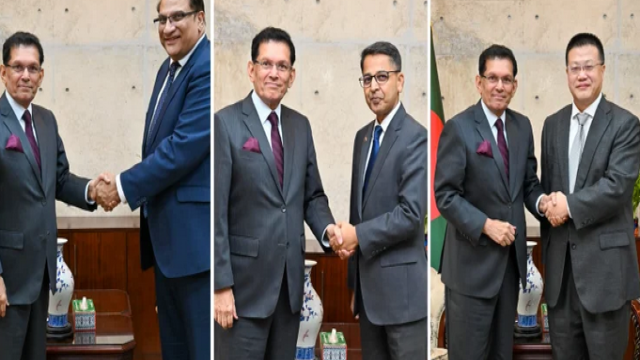
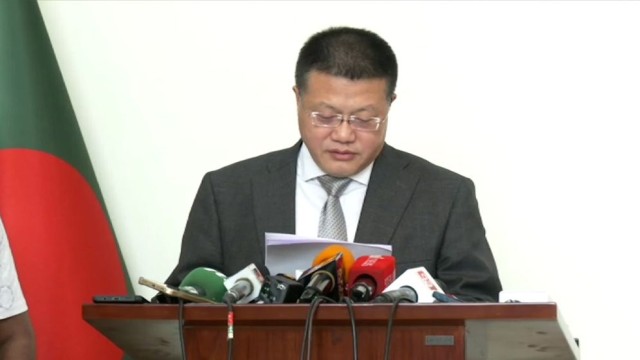
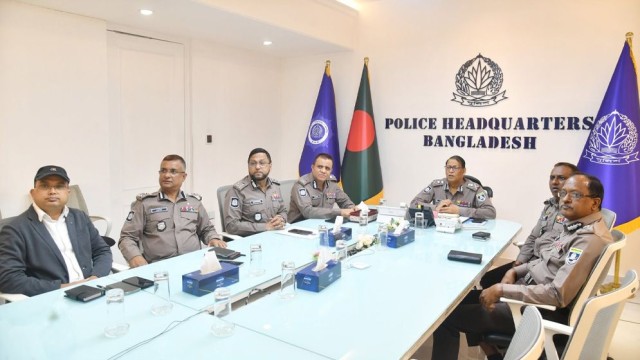
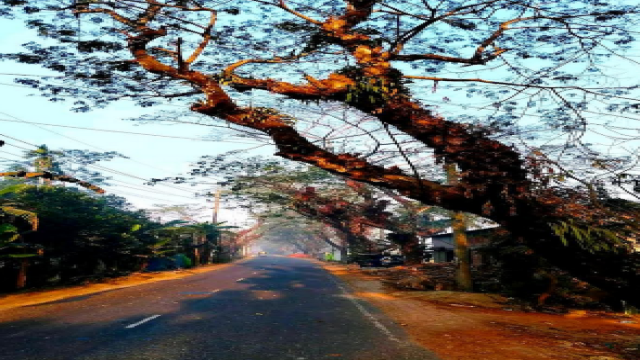
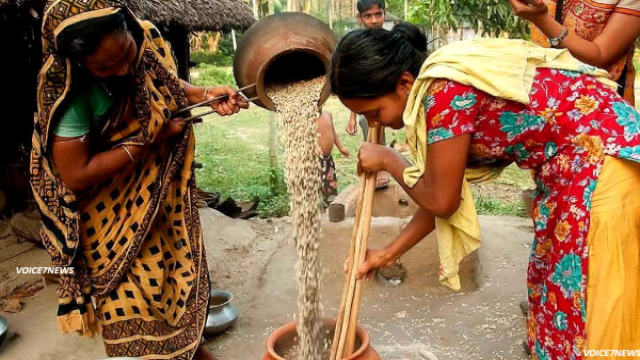
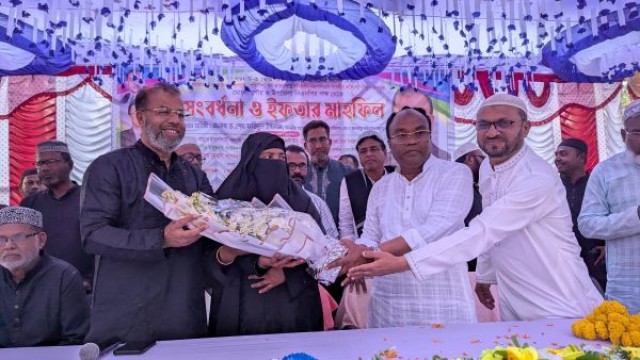
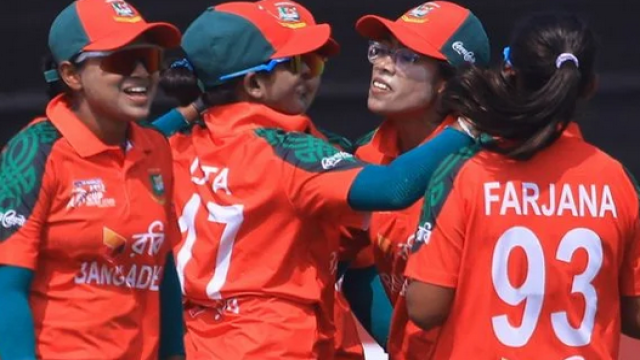
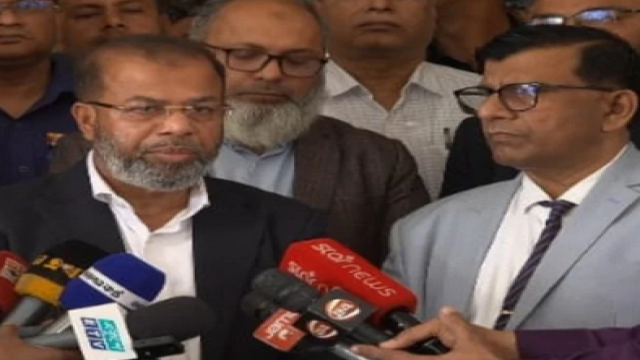

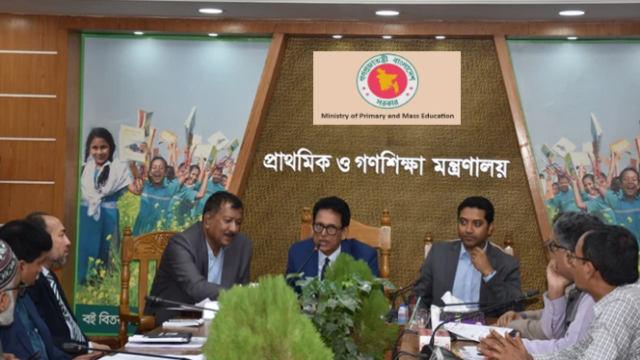











Comment: